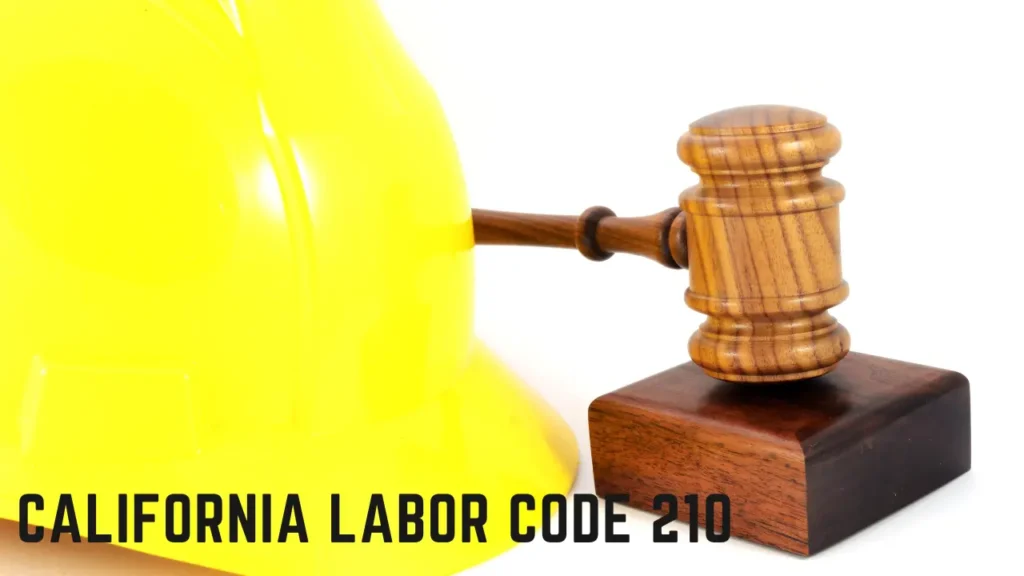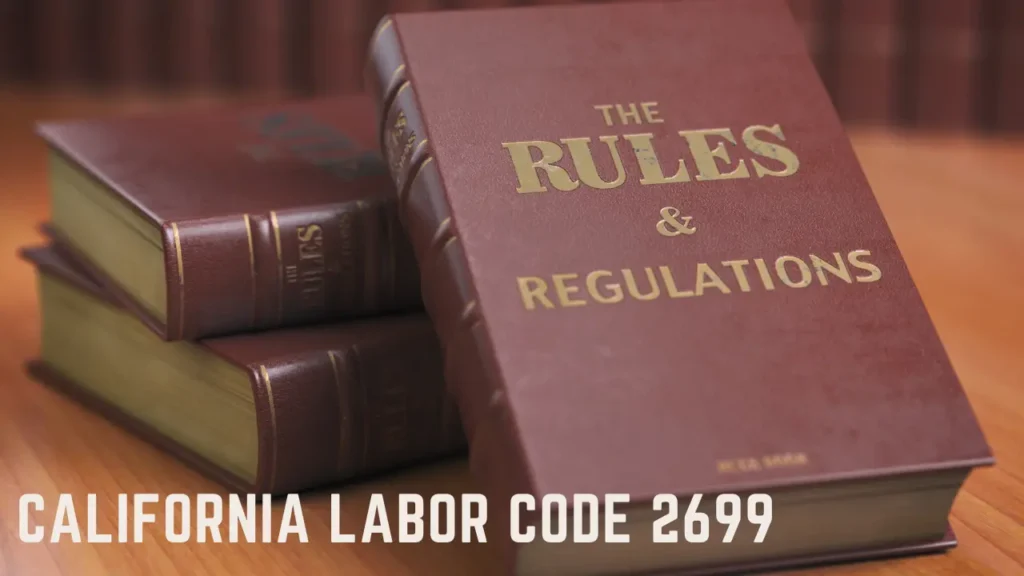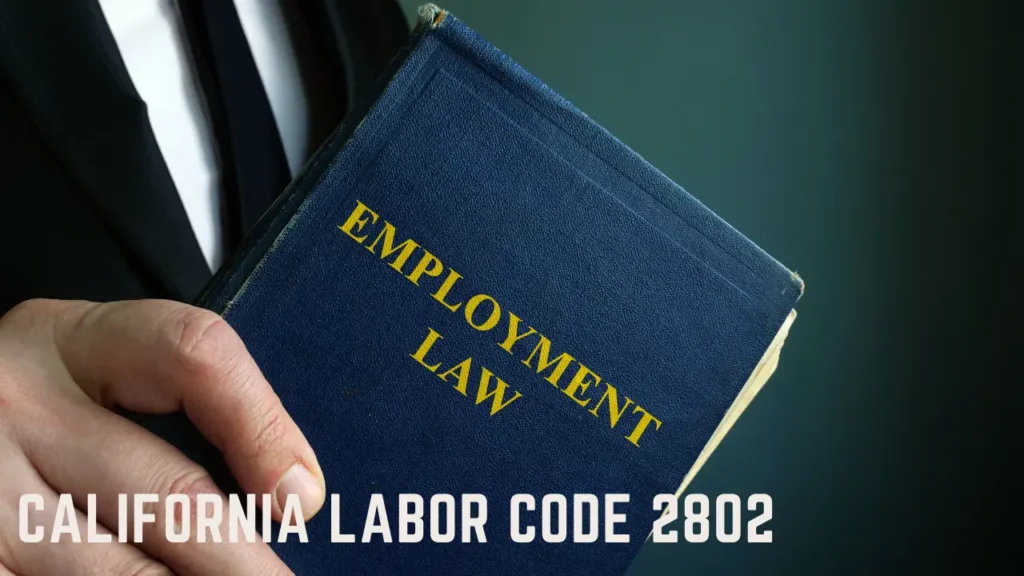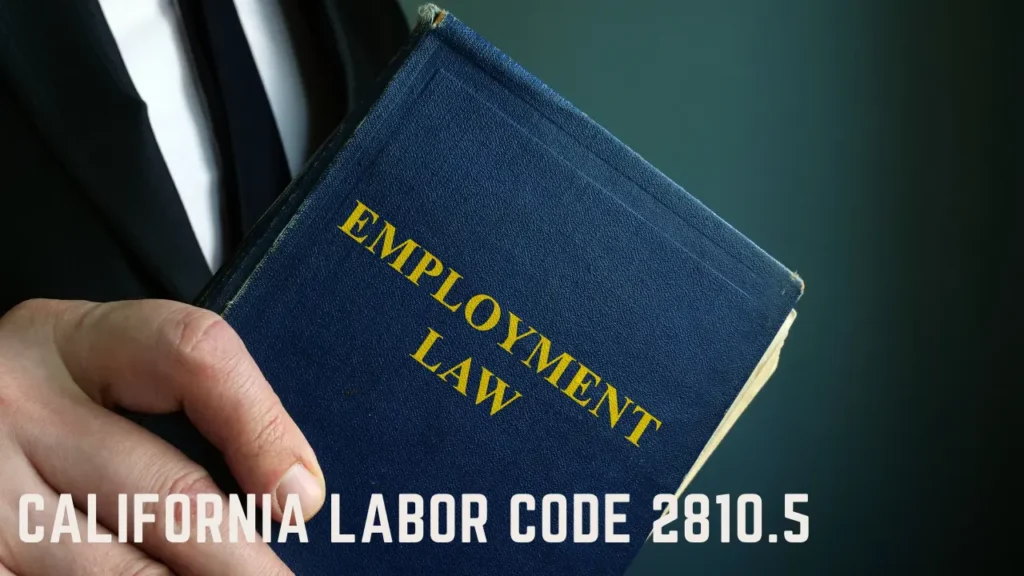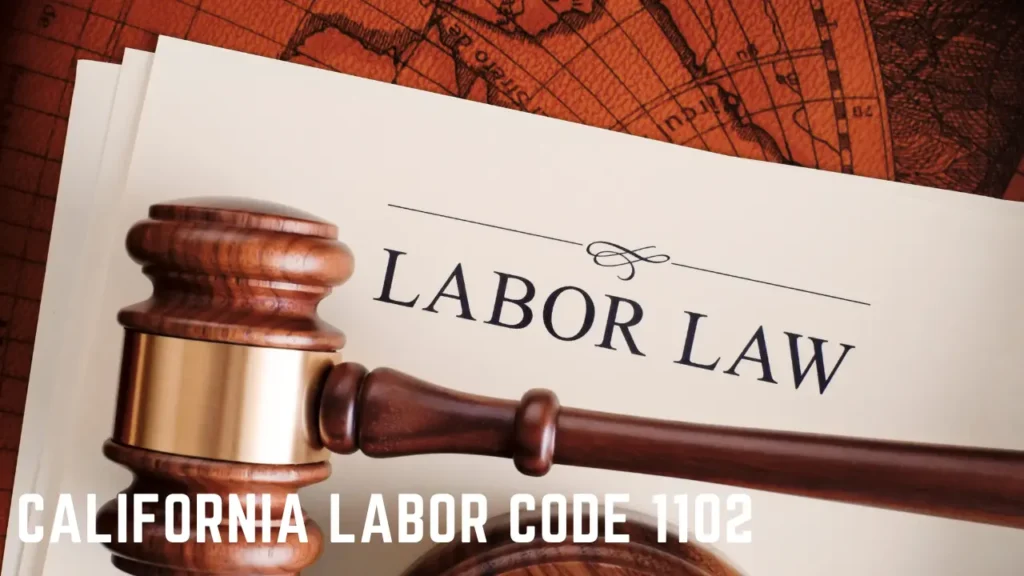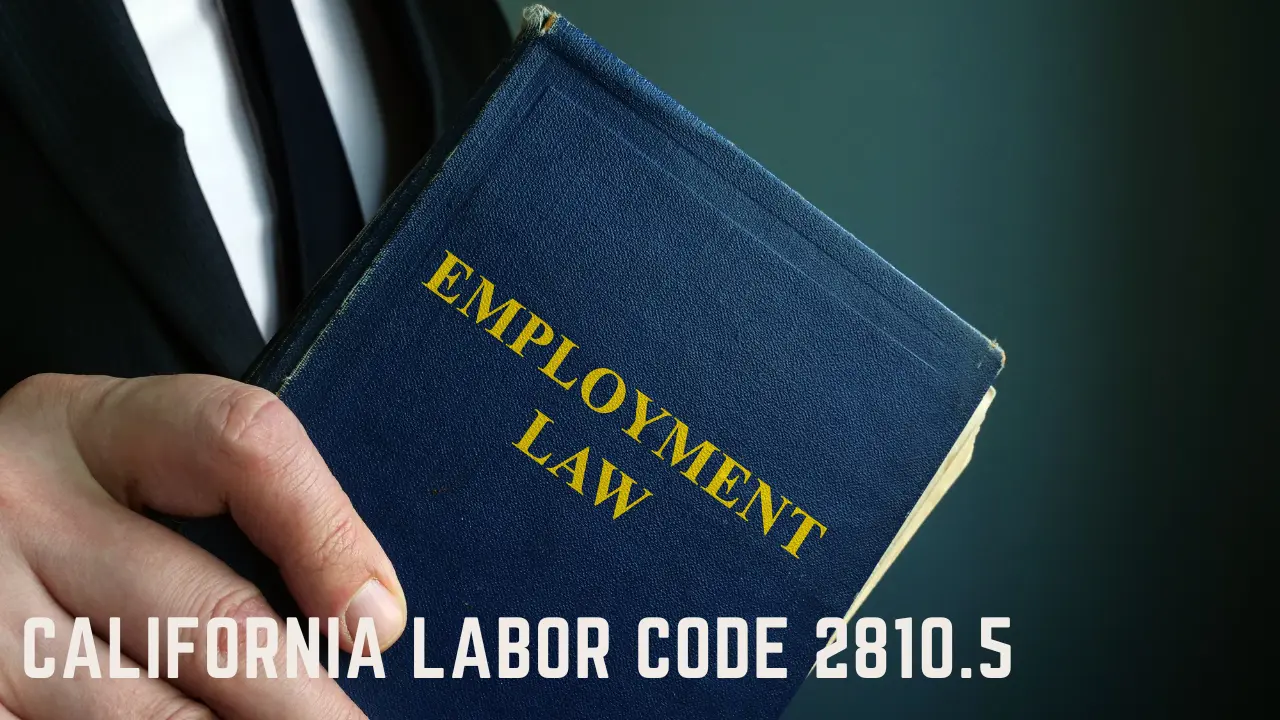Here is a sample letter to the company regarding retaliation:
[Your Name]
[Your Address]
[City, State ZIP Code]
[Your Email Address]
[Today’s Date]
[Company Name]
[Company Address]
[City, State ZIP Code]
Dear [Company Name],
I am writing to bring to your attention an issue of retaliation that I have been experiencing in the workplace. I have been subjected to [insert specific details of the retaliation, such as demotion, termination, or negative performance evaluations] after [insert details of the protected activity, such as filing a complaint or participating in an investigation] by [insert name of the person/persons who have been retaliating against you].
This behavior is unacceptable and creates a hostile and uncomfortable work environment for me. I have made multiple attempts to address the issue with the individual(s) involved, but the behavior has persisted.
I am requesting that the company take immediate action to investigate and address this issue. I would appreciate it if you could provide me with a clear timeline for when I can expect to see the results of your investigation and what measures will be taken to ensure that this type of behavior does not happen again in the future.
I hope that this matter can be resolved quickly and efficiently, and that appropriate actions will be taken to ensure that all employees feel safe and respected in the workplace.
I would like to remind you that retaliation is a serious matter, and it’s important to take it seriously. I strongly encourage you to take immediate action to address this issue as it could have a severe impact on the victim’s mental and physical well-being.
Thank you for your attention to this matter.
Sincerely,
[Your Name]
It’s important to be specific about the nature of the retaliation, the date, and the names of the person(s) involved. Also, it’s important to mention any actions that you’ve taken to address the issue, and the impact that the retaliation has had on you. It’s also important to mention if you have any evidence of the retaliation, such as witnesses or documents. This letter should be written in a formal and respectful tone, and it’s important to keep a copy of this letter and any other correspondence you have had with the employer regarding this issue.
It’s important to note that retaliation claims can be complex, and it’s important for the employee to consult with an attorney who is experienced in employment law and retaliation laws. An attorney can help them understand their rights, the legal options available to them, and what evidence they need to prove their case. An attorney can also guide them through the process of filing a complaint with the appropriate government agency, such as the Equal Employment Opportunity Commission (EEOC), Department of Fair Employment and Housing (DFEH) in California, or the Nevada Equal Rights Commission (NERC) in Nevada. Additionally, it’s important to remember that it is against the law for an employer to retaliate against an employee for reporting discrimination or participating in an investigation of discrimination.
In summary, retaliation is a serious matter and it’s important for companies to ensure that it does not happen in the workplace. If an employee believes they have been retaliated against, they should document the retaliation and the protected activity that preceded it, and consult with an attorney who is experienced in employment law to determine their legal options.


